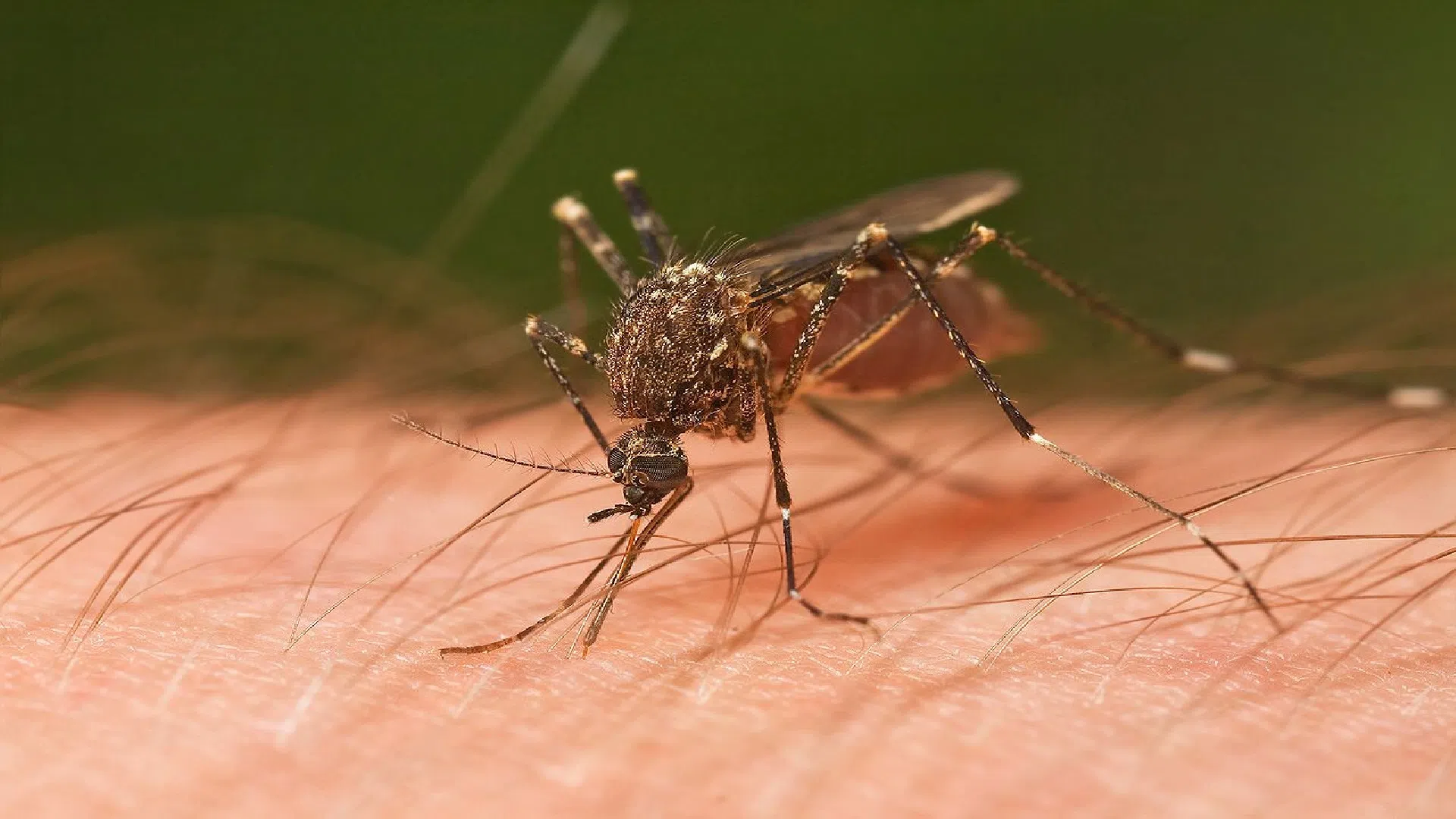
Mosquito season looking normal so far
LETHBRIDGE – Things could change. But at the moment an average mosquito season is shaping up.
Ron Esau, mosquito technician with the city’s parks department, said there are few pools around the city following the snow melt. But it’s getting into rainy season, and there’s still a lot of snow pack in the mountains that could leave standing water if it melts quickly and swells the rivers.
“Often times when it rains a lot, 10 days later you’ll have a lot of mosquitoes biting. It takes that amount of time and what we want to do is treat the mosquitoes early in the season,” Esau explained. He goes to known areas of standing water, armed with a bacteria called VectoBac that attacks the larvae, without harming birds or pets.
May, so far, hasn’t seen a lot of rain. Esau hopes that will shorten the season by reducing the amount of multiplication, of the mosquito population. The idea is to kill one mosquito now, which equates to killing thousands down the road.


